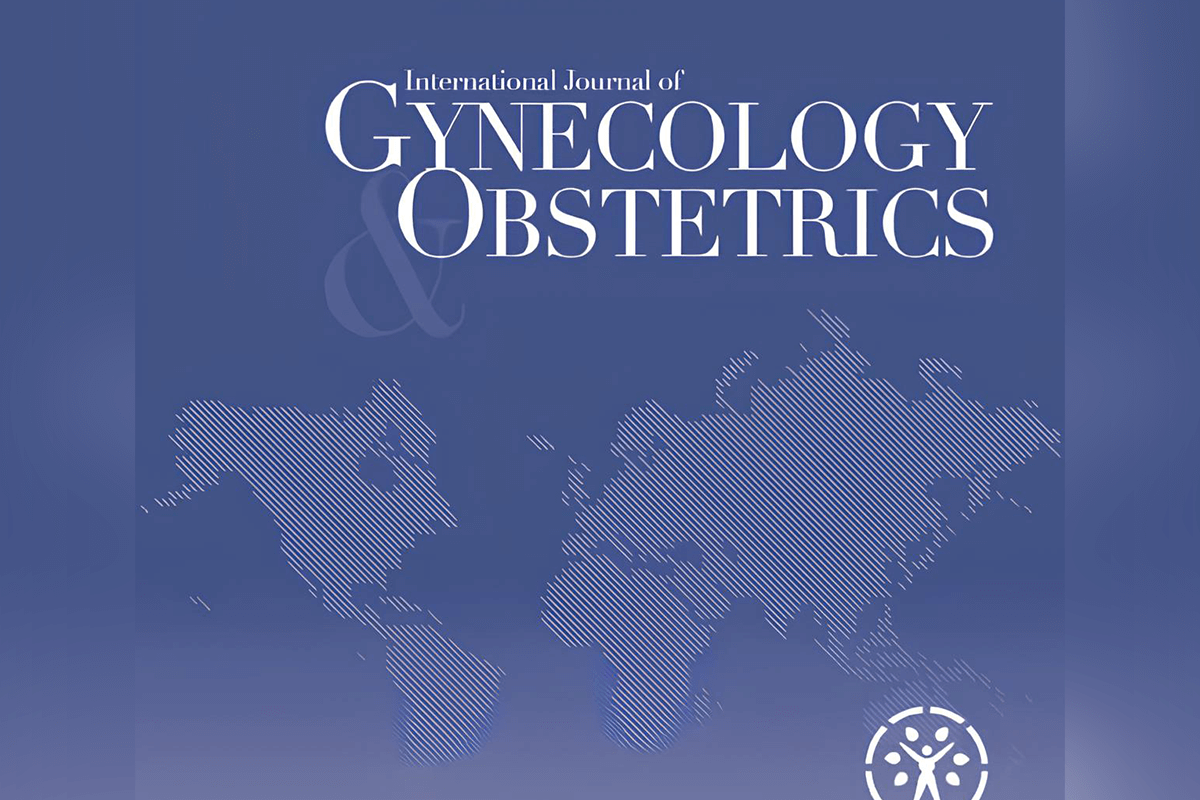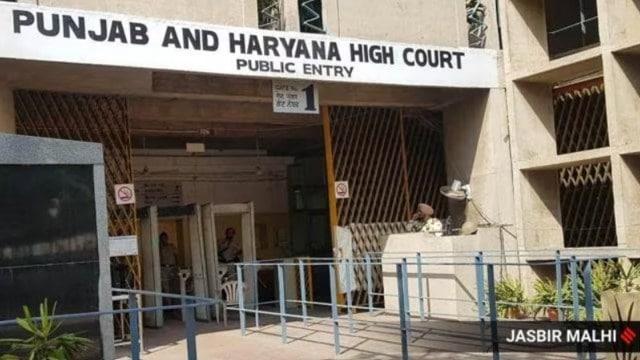
Impact of respectful maternal care training of health care providers on satisfaction with birth experience in mothers undergoing normal vaginal birth: A prospective interventional study
International Journal of Obstetrics & Gynecology. Vol 168, Issue 2, February 2025 https://doi.org/10.1002/ijgo.15875
by Meenakshi Singh, Shailley Baruhee, Pikee Saxena
Abstract
Objective: To study the impact of respectful maternity care (RMC) training of health care providers on RMC and birth satisfaction in mothers undergoing normal vaginal birth.
Methods: A prospective interventional study was performed comparing RMC and birth satisfaction in women undergoing vaginal births before and after RMC training of health care providers from November 2021 to March 2023 in a tertiary care center in India. Person-centered maternity care (PCMC) and birth satisfaction scale-revised (BSSR) scales were used to study women’s RMC and birth satisfaction, respectively.
Results: A total of 100 women undergoing normal vaginal birth were enrolled in pre- and post-intervention phases. The intervention was done through formal and onsite training of health care providers in RMC. The mean total PCMC scale score in the post-training group demonstrated a remarkable increase to 51.95 ± 6.50, significantly higher than the pre-training mean of 32.82 ± 8.47 (P < 0.0001). The mean ± SD of the BSSR scale total score in the post-training group increased significantly to 27.17 ± 3.67, surpassing the pre-training mean of 21.19 ± 5.48 (P < 0.0001).
Conclusion: The study showed significant improvement in respectful maternity care and birth satisfaction score in the post-training group thereby emphasizing the importance of respectful maternity care training of health care providers in the facility.
+++
Punjab and Haryana High Court permits abortion for woman living separately from violent husband

The Punjab and Haryana High Court has ruled that a woman living separately from her husband without legally obtaining a divorce is eligible for pregnancy termination. The order was passed by Justice Kuldeep Tiwari while allowing a petition filed by a married woman in her thirties seeking termination of her pregnancy without her husband’s consent.
The petitioner argued that her pregnancy was medically terminable as it fell within the timeframe prescribed under the Medical Termination of Pregnancy Act, 1971. Through her counsel, she informed the court that her marriage took place in August 2024. However, soon after, she was subjected to cruelty by her in-laws over dowry and maltreated by her husband, who allegedly attempted to secretly record their personal moments in their bedroom using a portable camera.
Despite enduring these hardships, she said she continued performing her matrimonial duties. About one and a half months into the marriage, she discovered her pregnancy and informed her husband, adding that she was not mentally prepared for the child. However, the alleged mistreatment continued, and she was manhandled by her in-laws, resulting in physical pain and mental trauma.
Subsequently, she left her husband’s home and moved back to her parents’ house, filing a police complaint regarding the alleged atrocities. The petitioner maintained that continuing the unwanted pregnancy would severely harm her physical and mental health and sought the court’s permission to medically terminate it.
The court, citing a co-ordinate bench’s observation, noted that, “Forced into an unwanted pregnancy, a woman is likely to experience significant physical and emotional challenges. Dealing with the aftermath of such a pregnancy, even after childbirth, places an extra burden on the petitioner, affecting her ability to pursue other opportunities in life, such as employment and contributing to her family’s income.”
Referring to a Supreme Court judgment, Justice Tiwari concluded that while the petitioner did not fall within the category of a “widow or divorcee,” her decision to live separately from her husband without a legal divorce made her eligible for pregnancy termination. She was at that point just under 19 weeks pregnant. The court directed the petitioner to approach the Chief Medical Officer within three days, who was instructed to take swift action to medically terminate the pregnancy in accordance with the Act and applicable rules.
SOURCE: Indian Express, by Jagpreet Singh Sandhu, 14 January 2025 + PHOTO



